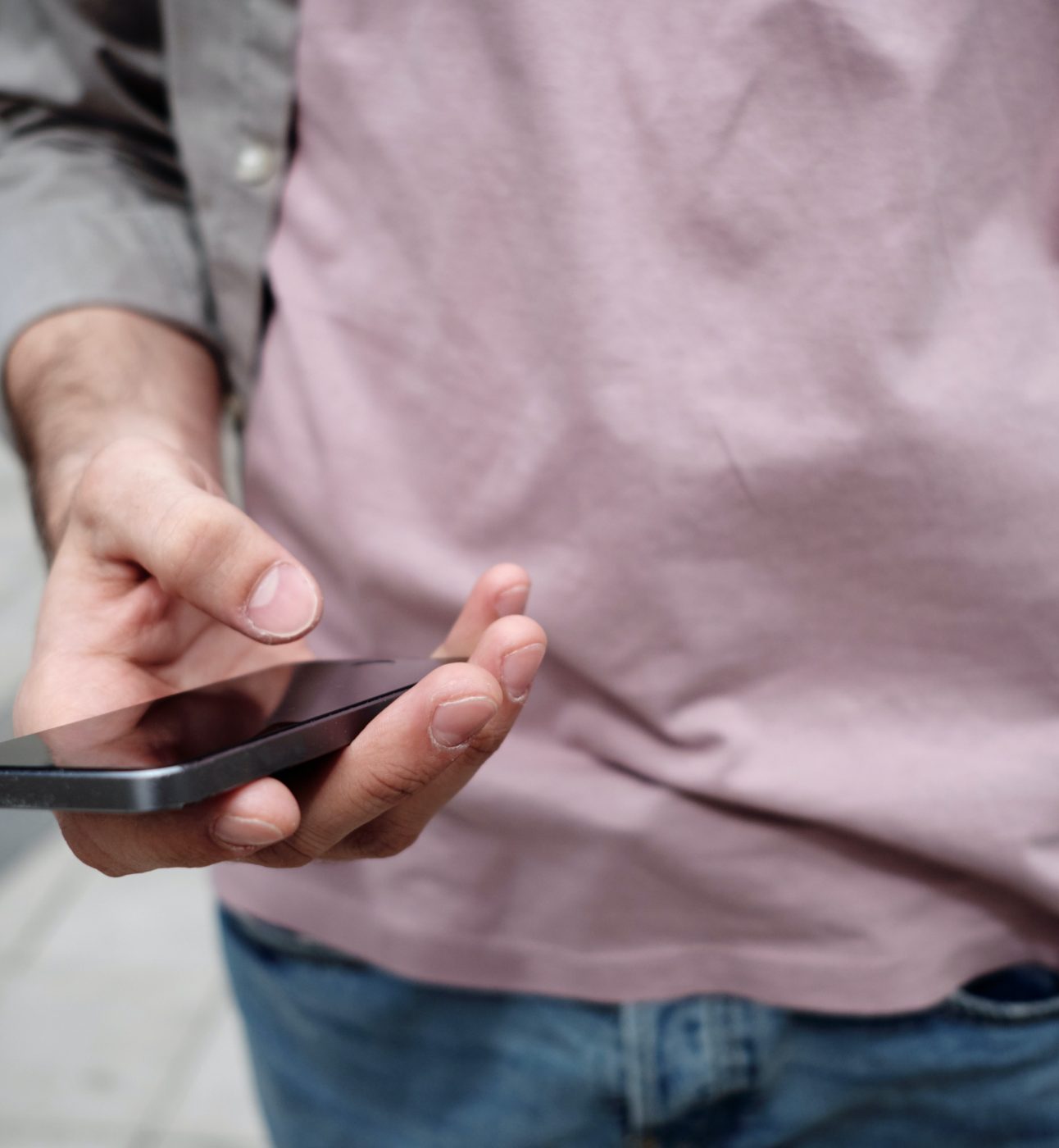
the loop
test drugs left in amnesty boxes and produce reports on drugs believed to be of concern.

All illegal drug use carries risk, but there are things you can do to reduce risks to your health and wellbeing. Read this guide to find out more.
If you feel like your drug use is an issue and what to do something about it, there are lots of services and resources that you can access as an LGBTQ+ person.
Using drugs alone increases the risk of an overdose and other harms caused such as injuries. Using drugs in the presence of someone you trust means that if you go over, there is someone there to call an ambulance. Having someone else who knows what you’ve taken also means that they can tell a healthcare professional who can provide the best care if the need arises. Make sure this trusted person knows what you’ve taken, how much, and the signs of an overdose. Having a “trip sitter” who can remind you what is real when taking psychedelic substances can prevent you from having a bad trip and keep you safe.
Acquiring clean needles for intravenous drug use means you’re less likely to catch a blood borne infection such as HIV or Hepatitis B/C. It is also the safest way to inject. Remember to dispose of dirty needles in the correct way when you’re done to reduce the risk of someone accidentally hurting themselves or purposefully using the needle. All chemists across the UK will have sharps boxes and can dispose of needles in the correct way.
Start by taking a small amount of your chosen substance to see how you react. If you feel okay, you can take more. If you feel out of control or unsafe, don’t take any more.
This requires a little more prior planning, but if you’re planning to take some drugs for a future event, consider getting them tested to see how pure they are, or if they’re cut with anything that’s likely to cause an overdose. See our resources at the end for more information on where to get drugs tested.
If you’ve taken one kind of drug, try not to mix it with another kind so you can stay in control of the effects. If you’re planning on taking drugs, try not to mix with alcohol either as alcohol can heighten the effects of drugs on the body and leave you unable to keep yourself safe.
Don’t be scared to call an ambulance if you think someone is overdosing or is in any other danger while taking drugs. It is the role of paramedics to help people in danger, and you won’t get in trouble for having taken drugs. It is better to call emergency services such as 999 or 111 if you’re not sure, and they can decide whether paramedics are needed based on what you tell them. It is worth it to prevent someone losing their life while overdosing.
Try to avoid injecting as getting the right amount is difficult for first time users and it carries greater risks. Smoking on foil is safer than injecting or snorting.
Naloxone is useful as it can reverse the effects of an opioid overdose. Carrying Naloxone on you means you are prepared in the event of an overdose for someone else, or yourself. Let people know if you’re carrying it so they may administer it on you. Naloxone can be acquired by anyone who uses drugs or associates with people who use drugs. Check your local drug and alcohol service to see if they carry it.
It is easy to become dehydrated while taking drugs, notably cocaine and ecstasy. Make sure you take small sips of water at regular intervals, rather than large amounts all at once as this can be dangerous – and do not exceed one pint of water per hour.
Be aware of yourself. If you have medical conditions pay attention to those when deciding whether to use drugs. Try to avoid using stimulants if you have high blood pressure, heart disease, epilepsy, and if you have mental health problems such as depression or anxiety. This is particularly relevant to ecstasy and ecstasy-like drugs. Avoid depressants like alcohol and GHB if you suffer from psychiatric conditions and take advice if you are unsure, either from a GP or a website in our resource list below.
If you are in the presence of someone using drugs and they are unconscious or overdosing, put them in the recovery position and call 999 or 111 if you feel able.
Spotting the signs of an overdose can be very important and can save lives. See the main signs below:
In an opiate overdose, opiates can work by closing off vital signals to the lungs, making someone’s breathing shallow. This means they will breathe fewer times a minute than normal. Keep an eye on the person’s breathing and if they are breathing less, or slower than usual, they may be experiencing an overdose. Lack of oxygen in the blood can lead to brain damage if not treated quickly.
Snoring can be mistaken for someone sleeping heavily; however, it can also be a sign that someone is becoming more deeply unconscious and that their airway is being blocked. At this point you should check if they’re responsive/ able to wake up.
When someone is experiencing an overdose their lips, fingertips, eyelids, or other extremities may turn blue due to lack of oxygen in the blood.
If someone is experiencing an overdose, they may be unconscious and unresponsive. Try and wake them by shaking their shoulders, shouting at them, opening their eyes, or moving them in any way. If they do not respond or wake up, call 999 immediately.
During an overdose a person’s skin may be pale, ashy, cold or sweaty to the touch.
Pinpoint/small pupils can be an indicator that someone has taken an opiate overdose.
If you suspect someone is experiencing an overdose, call 999 and administer Naloxone if you have it to hand. Even if you aren’t sure someone is overdosing, you still call 999 as they can assist with advice and information. Don’t be scared to administer Naloxone because it is not dangerous even if someone isn’t overdosing. If you suspect someone has taken an overdose, take action because you could save a life.
A place where people can get clean needles for intravenous drug use and dispose of any used needles. They may also be able to access drug addiction programmes and sexual health advice.
Methadone is a liquid medication which is used to treat opioid, mainly heroin, dependence. Buprenorphine/Subutex is the same but comes in tablet form. Methadone and Buprenorphine work creating the same sensation as opioids, but in a safer way. Methadone and Buprenorphine limit opioid overdoses and are safer to use than heroin.
A medication used to reverse the effects of an opioid overdose. It works by attaching itself to opioid receptors and blocking other opioids from doing the same. It can be given as an injection and as a nasal spray. Anyone who is likely to witness an opioid overdose can attend a drug and alcohol treatment centre and request naloxone. Your local pharmacy may dispense it also.
A way to reduce the harm from drug consumption by allowing users to find out the content and purity of substances that they intend to consume. This empowers users to make safer choices: to avoid more dangerous substances, to use smaller quantities, and to avoid dangerous combinations.
Hepatitis C is a virus that affects your liver. It can be serious if it’s not treated. You can catch hepatitis C from contact with the blood of an infected person, such as by sharing needles.

test drugs left in amnesty boxes and produce reports on drugs believed to be of concern.
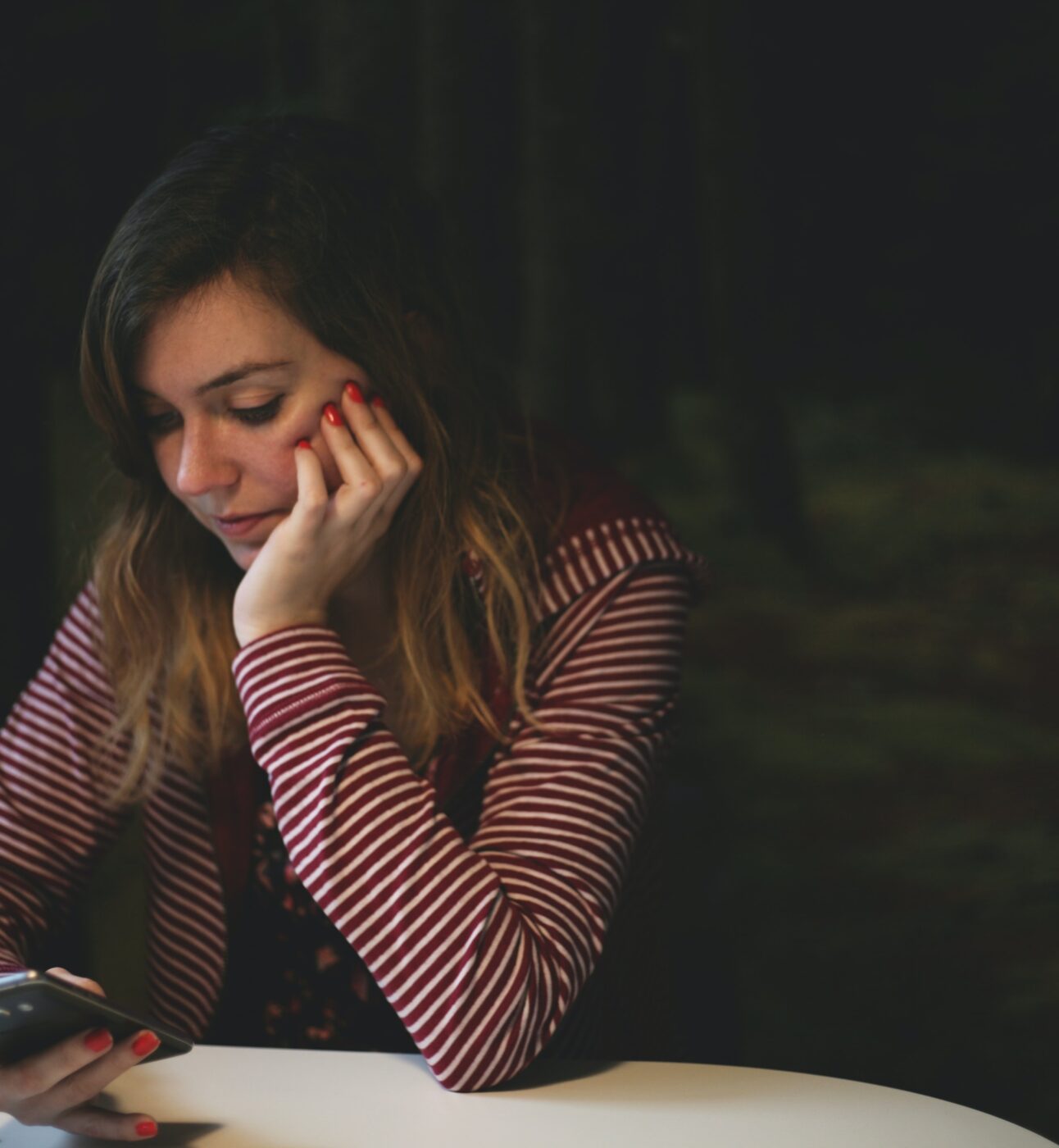
lets you know where to find Naloxone.
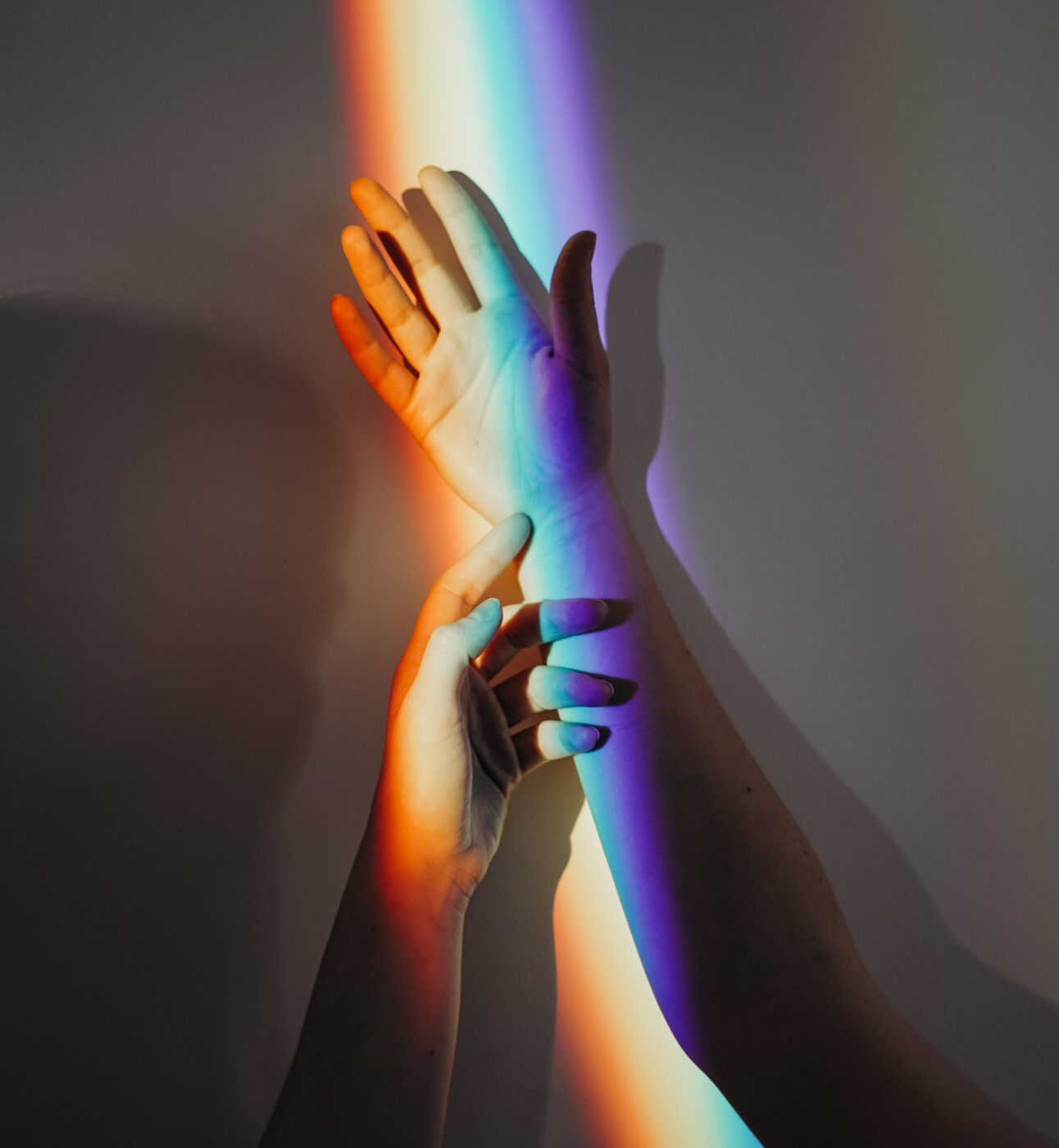
has a resource on the principles of harm reduction.
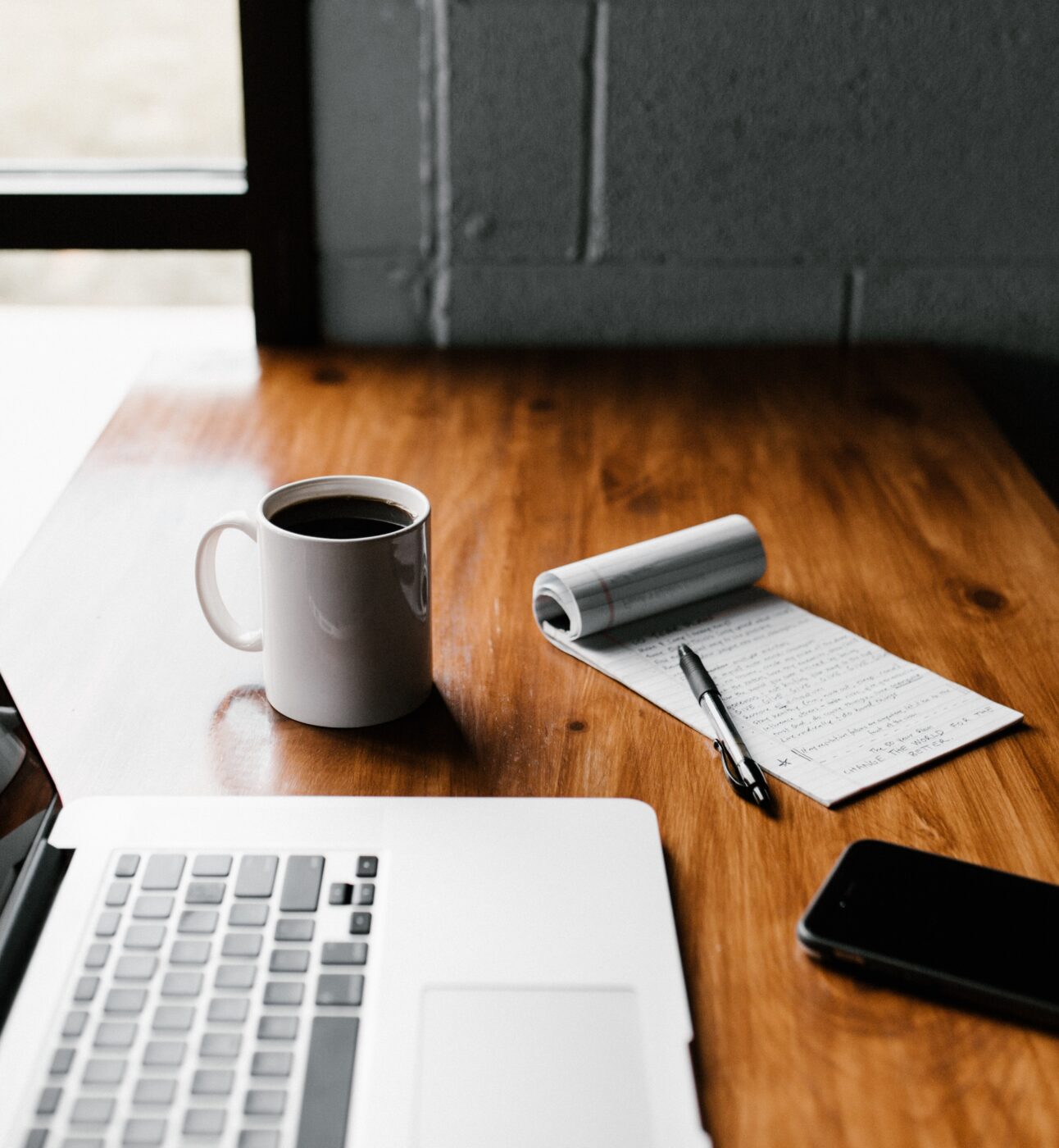
has information about the recovery position.
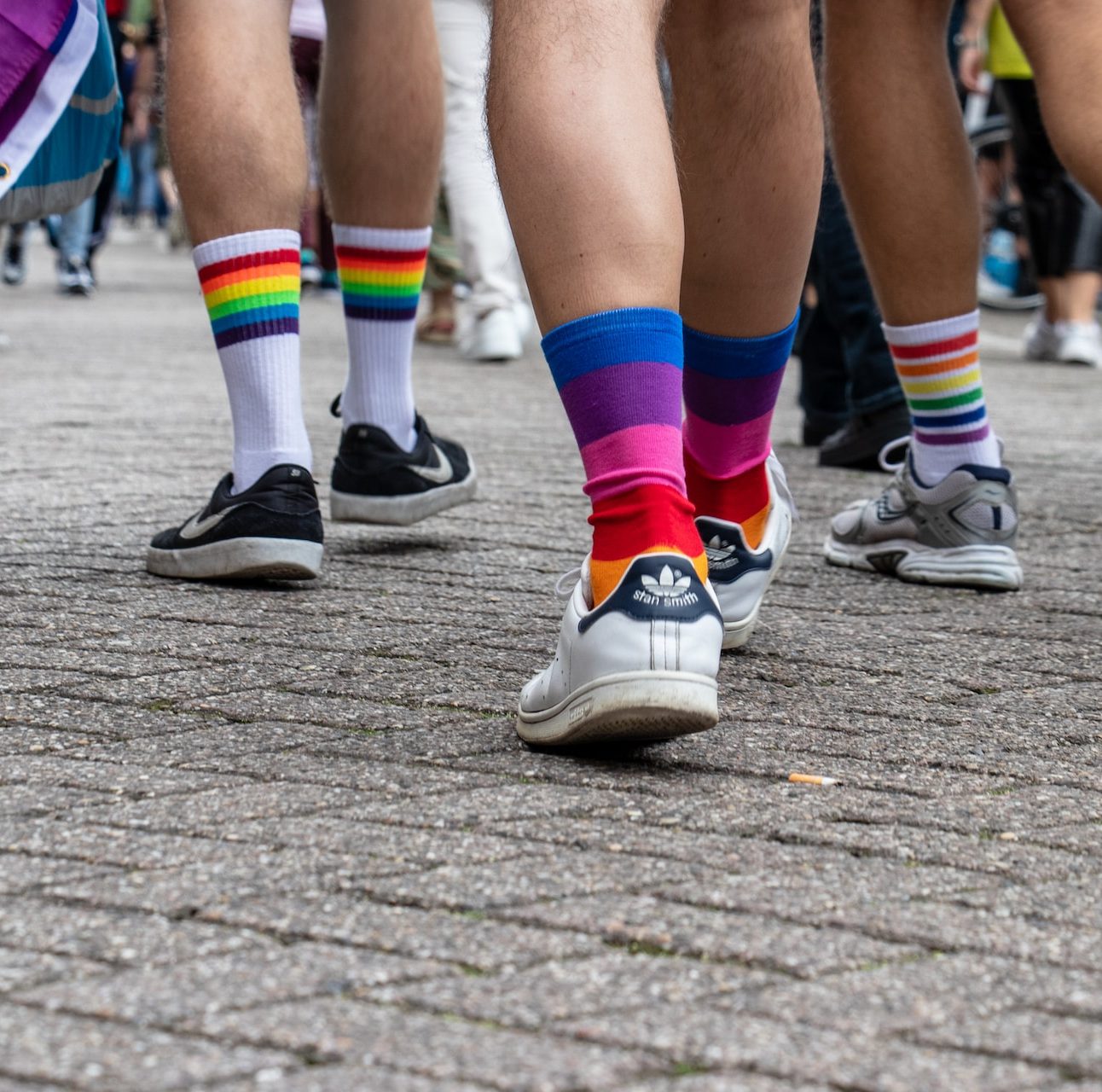
search what kind of pill you have to check it against other users to see how they reacted when taking it.
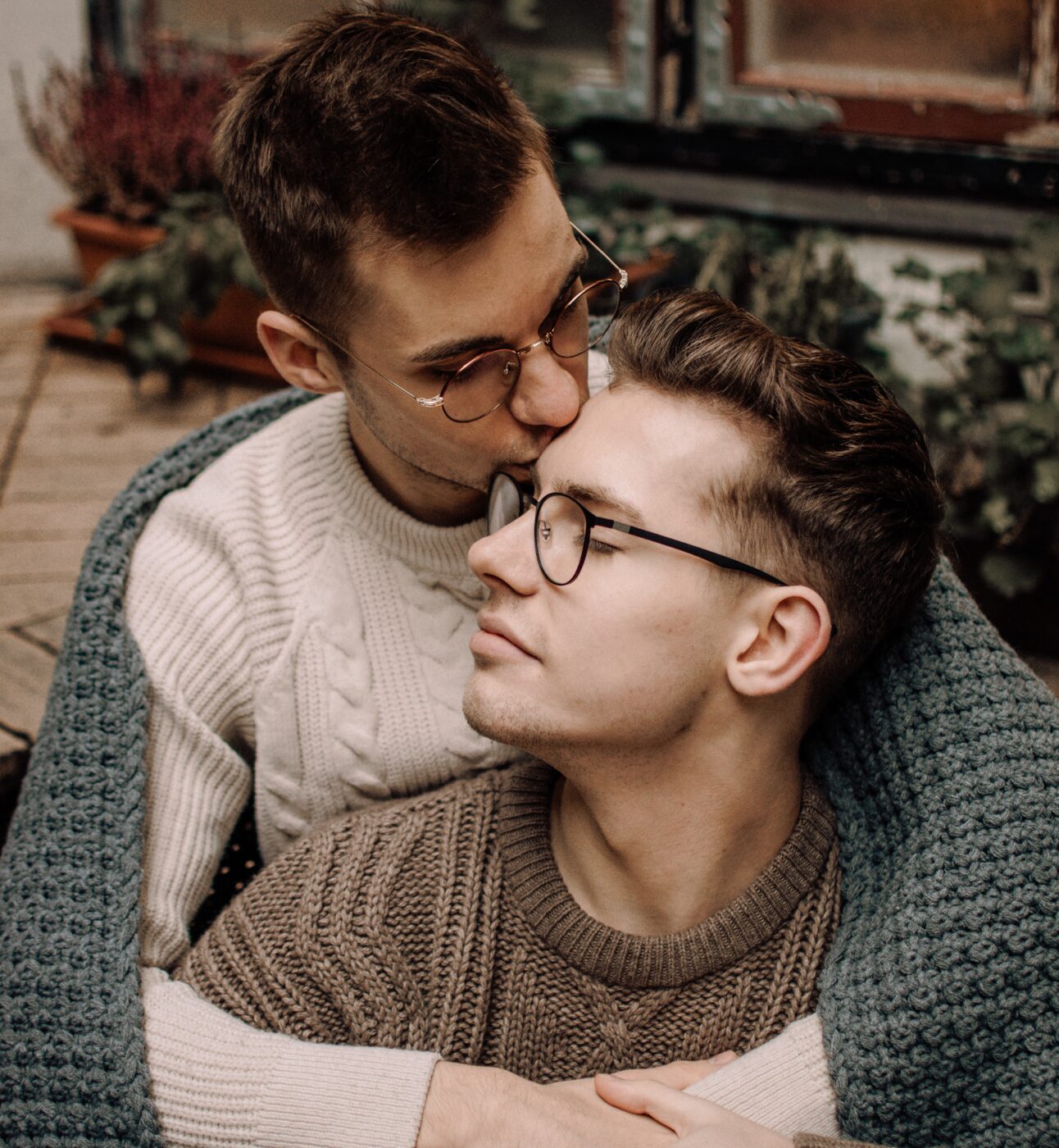
for information about the LGBTQ+ community and addiction.
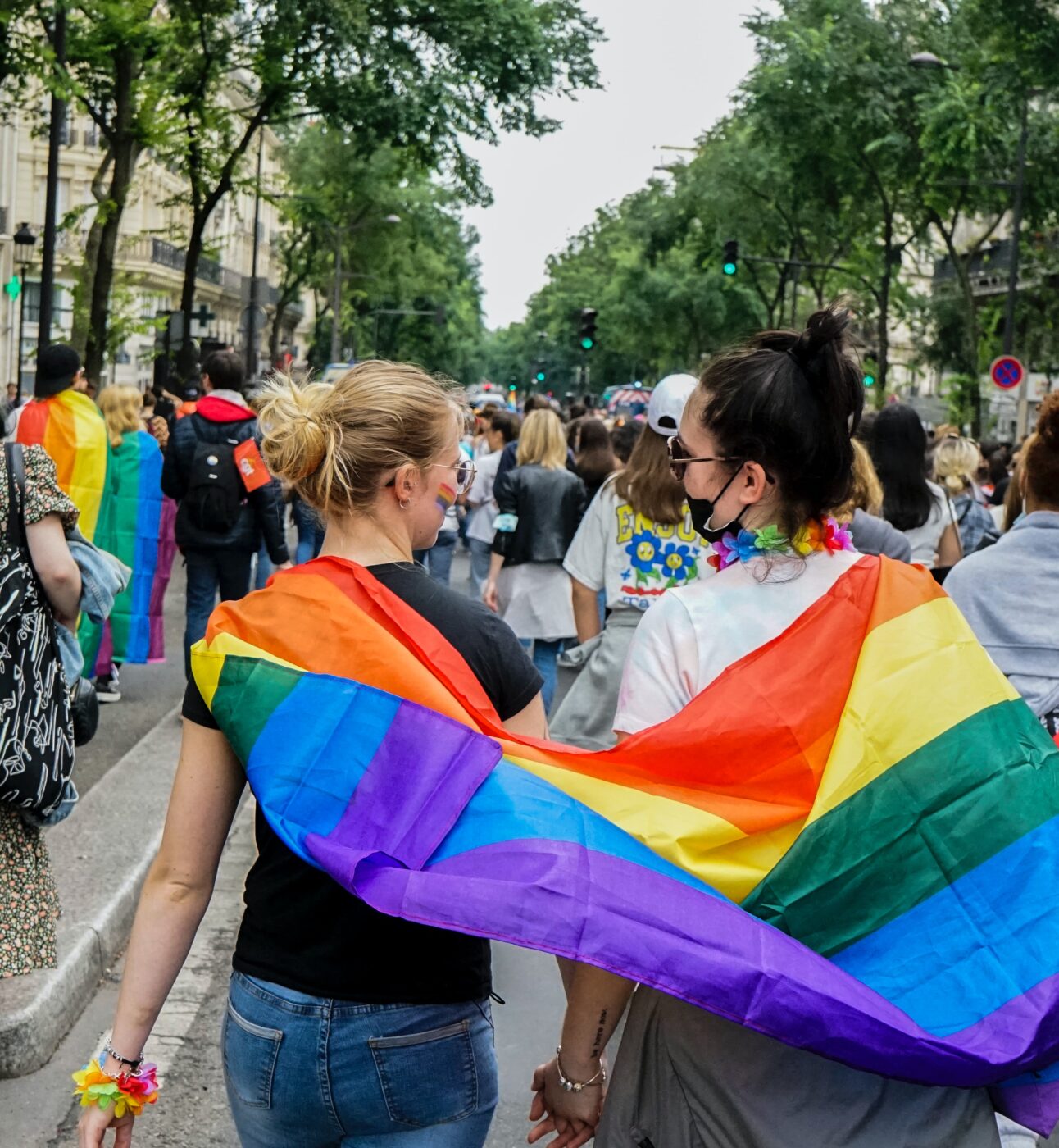
has information about drug and alcohol abuse and the LGBTQ+ community.
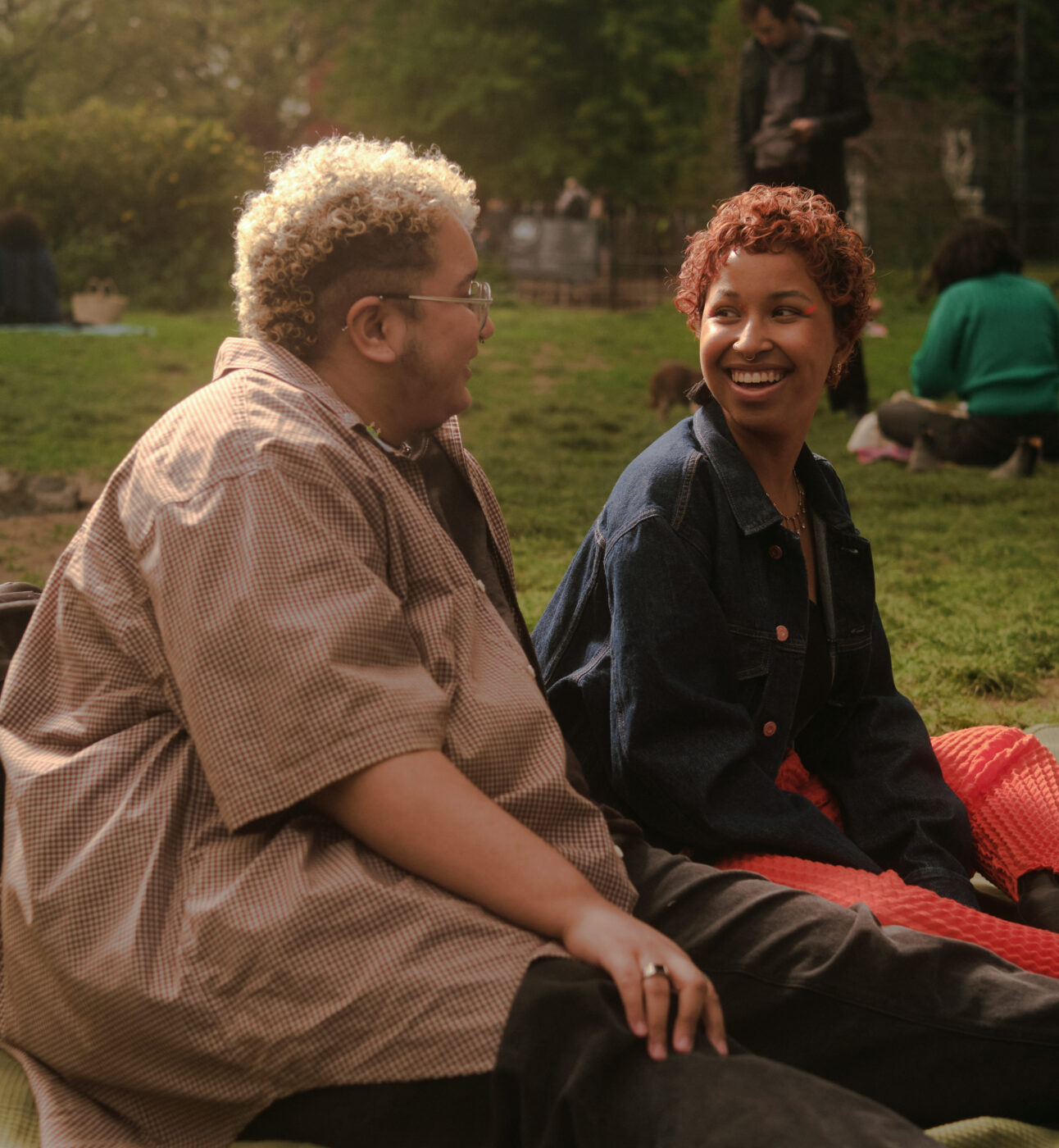
hold meetings across the uk.
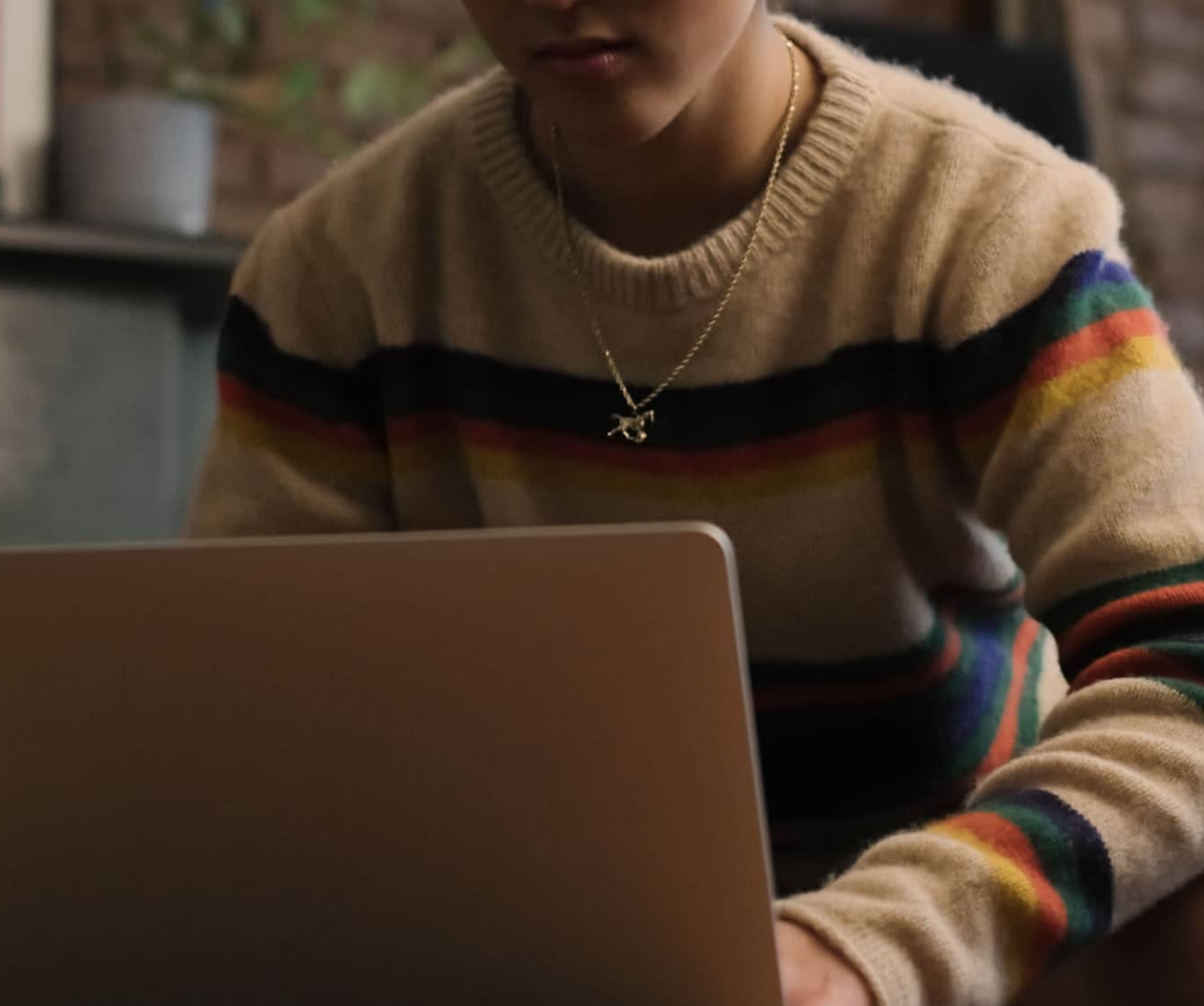
offer the trans+ and non-binary community support around drug and alcohol abuse.
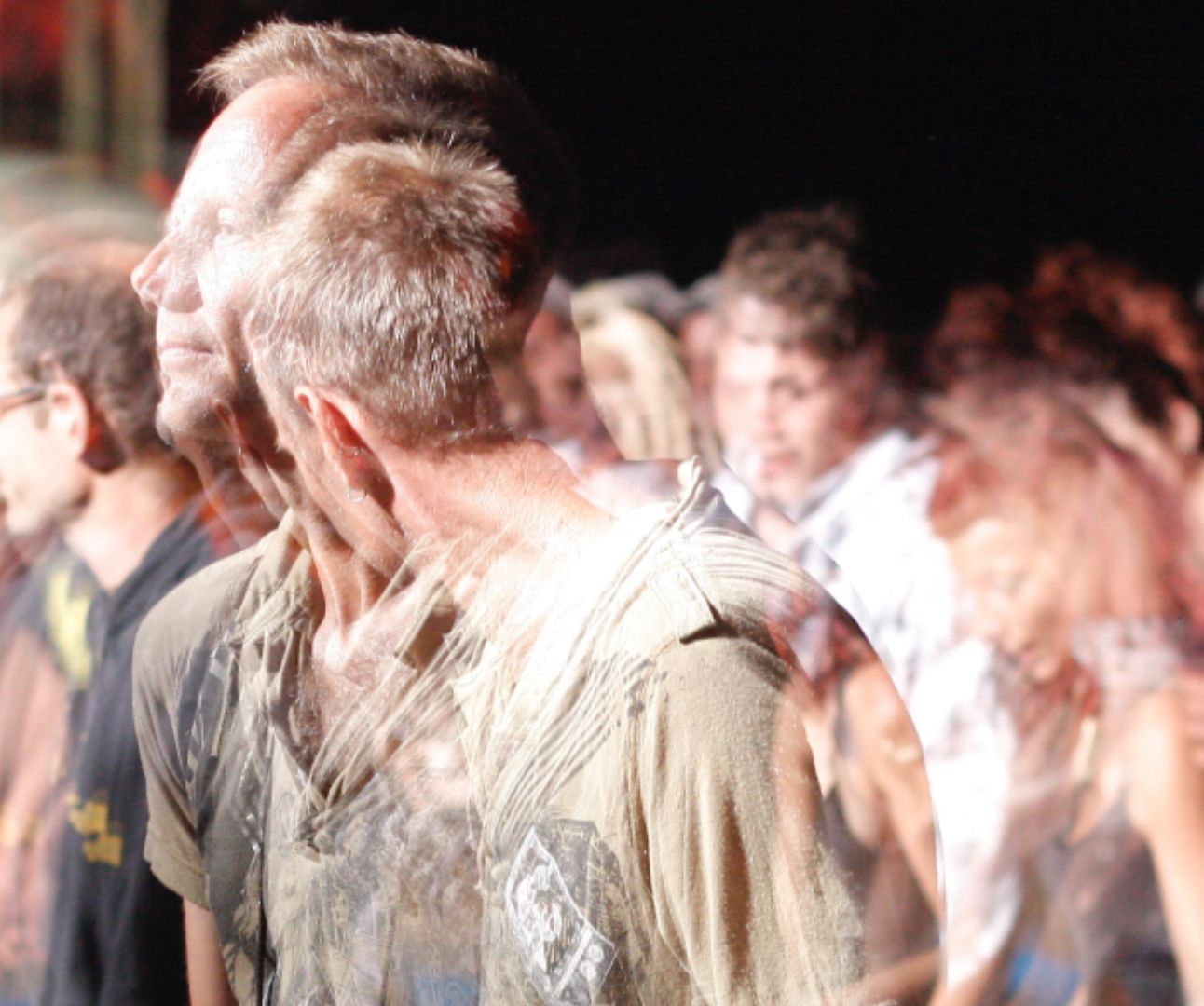
Chemsex cannot be practiced without risk, but you can reduce risks by following these steps.

Inclusive resources for the queer community who are seeking support with addiction
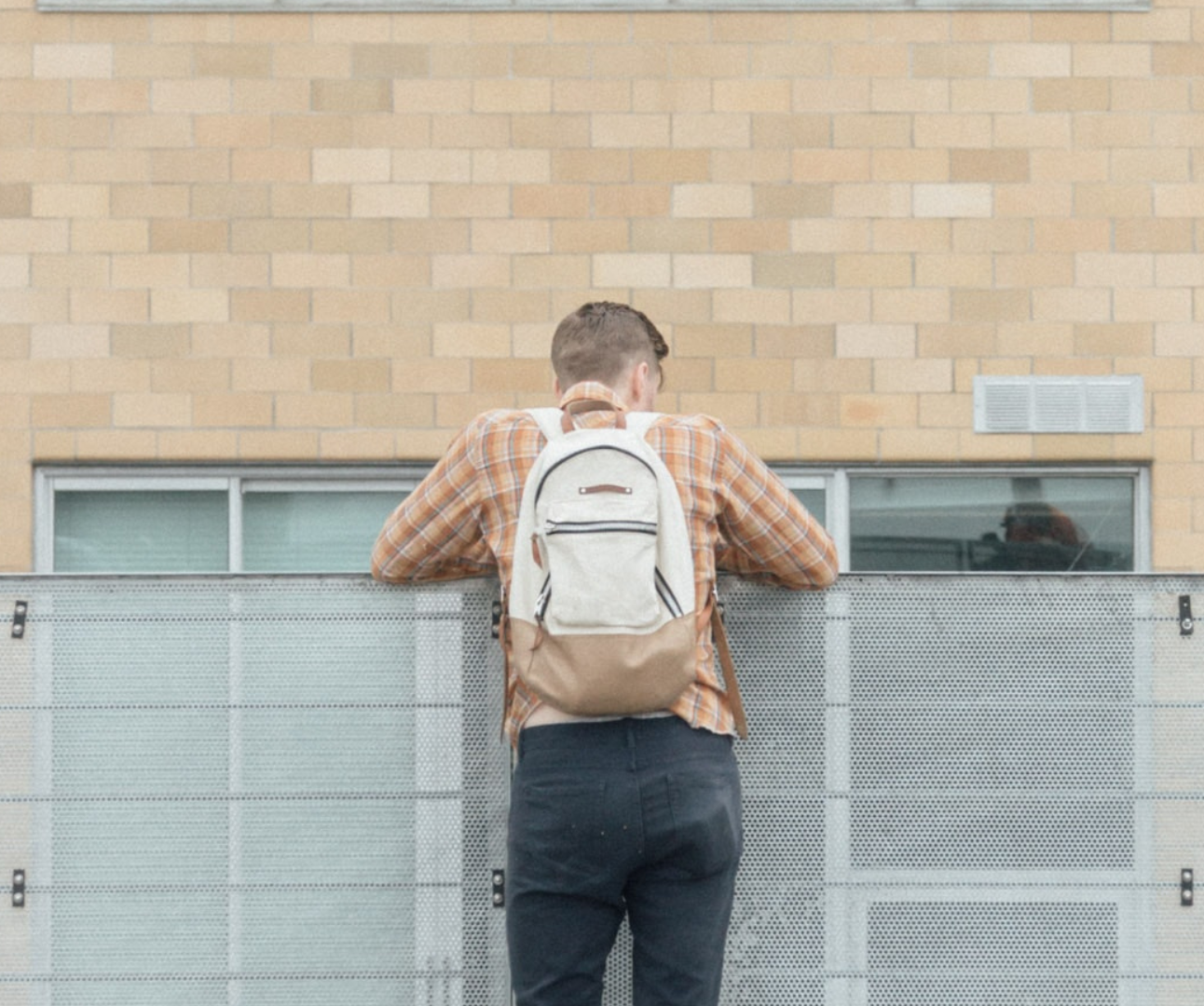
A guide to getting set up with your local doctor’s surgery